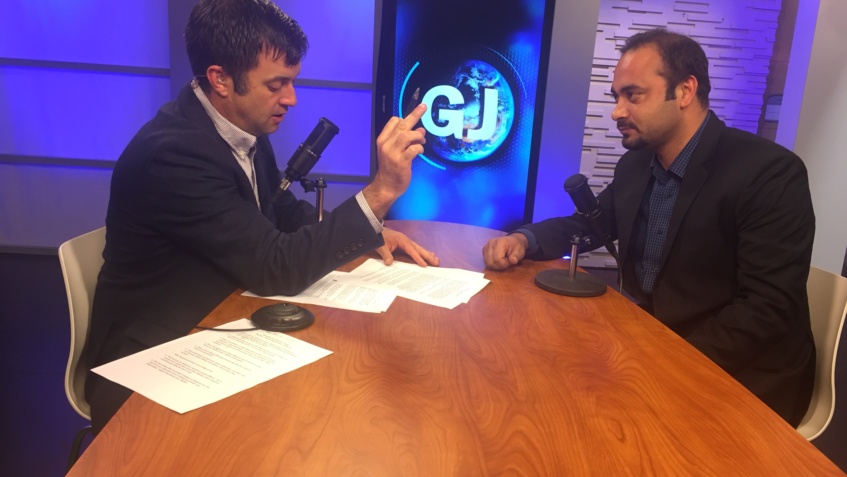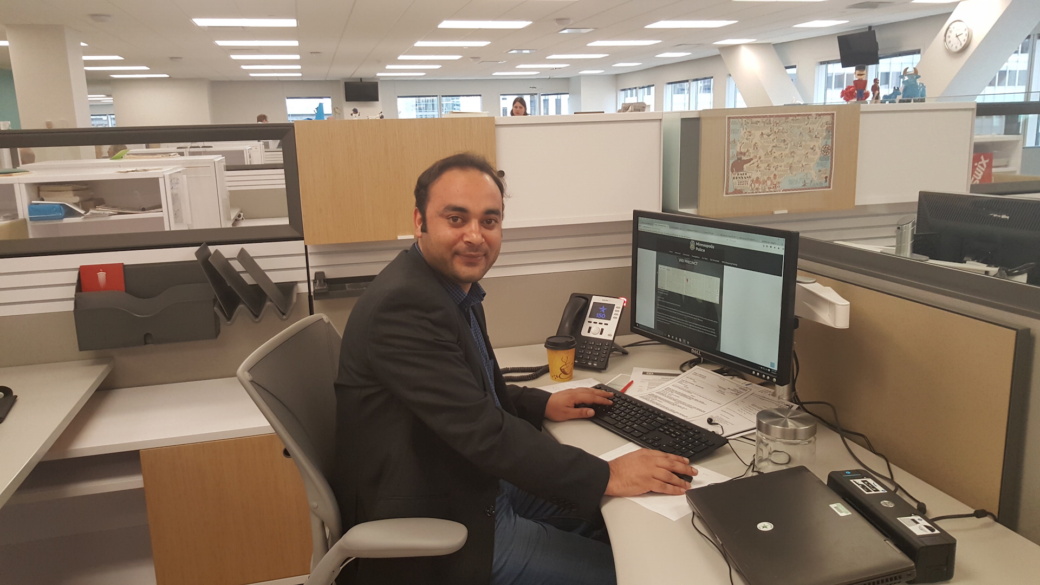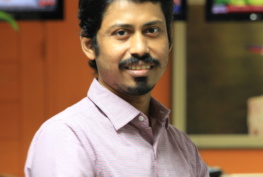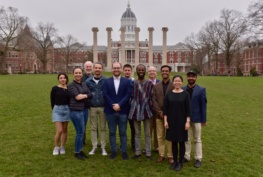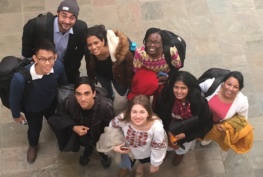Crossing the Atlantic in an airplane, I was overwhelmed with emotions and curiosity. I was going to join a six-month fellowship with an organization that has an excellent reputation around the world.
I was assigned to work at the Star Tribune in Minneapolis, Minnesota as part of my fellowship. I kept thinking about my future colleagues and the nature of work I would do.
There were unanswered questions in my mind. However, those questions evaporated as soon as I joined my colleagues and hosts in Columbia, Missouri.
Working with the Star Tribune as a reporter is one of the best experiences of my life. It is challenging, entertaining, and exciting. Great!
Before joining the Star Tribune, I would wonder how reporters working in U.S. newsrooms get so much information, use different statistics, etc. It seemed to require a lot of physical effort.
To my surprise, it did not. I’ve learned during my stay, so far, that one needs to acquire advanced online search skills to access a bundle of advanced information with just one click. In Pakistan, we did not have the information available online, so we have to hassle through the government offices.
I came to understand that advanced online search skills are vital to professional success in the field of journalism. I learned the skills at the Missouri School of Journalism, where I along with other seven other Fellows went through an intense training program and learned multiple disciplines.
Learning the skills opened vast worlds of relevant data and information that make me more efficient and more knowledgeable.
The telephone remains the most important research tool, as usual, across the world. U.S. journalists integrate online research into the overall research process. They have highly developed their competencies in using search engines.
Journalists in the U.S. have access to all kind of public records and even private records. You can find out a great deal of information via Google, which is one of the leaders in this area, providing a variety of tools that can get you every kind of information.
I am trying to focus on one thing for this post but honestly I can’t; there are too many things I want to share with readers about my experience in the USA.
During the first three weeks of orientation and training, I learned about the effective use of social media, interactive and effective storytelling, digital tools in investigative reporting, data journalism and journalism ethics in the digital age.
I’m learning the realities of U.S. journalism and experiencing life through site visits, interviews, and interactions with journalists, officials and ordinary people.
As I learn more about America and the people who live here, I find them to be the most openly honest and genuinely nice people I have ever come in contact with. Their politeness and hospitality impress me as usual.
Reporting in Khyber Pakhtunkhwa (KP)
In my province in the northwestern quadrant of Pakistan, access to information is more difficult. There is a Freedom of Information Act in Pakistan, but the right to information laws suffer from bureaucratic attitudes towards openness. So you need leg work to get any secret information.
Journalists in my region workin a very challenging environment. Reporting from conflict-affected areas exposes us to risks of threats and violent attacks. But we lack the professional skills that U.S. journalists have acquired.
But I would say that despite these dangers and difficult times, reporters in KP persist with the work, not even thinking about giving up. We love to give voice to the voiceless, to speak truth to power and to tell the everyday stories.
Long story short, journalism is a tough job for the reporters in cities like Peshawar, as they have very limited resources, low salaries and newsrooms with technology fit for a museum.
So I appreciate Alfred Friendly Press Partners and other organizations like the International Center for Journalists that are working to improve the skills of journalists from developing countries and encouraging them to keep on track and telling stories to people in a good way.

